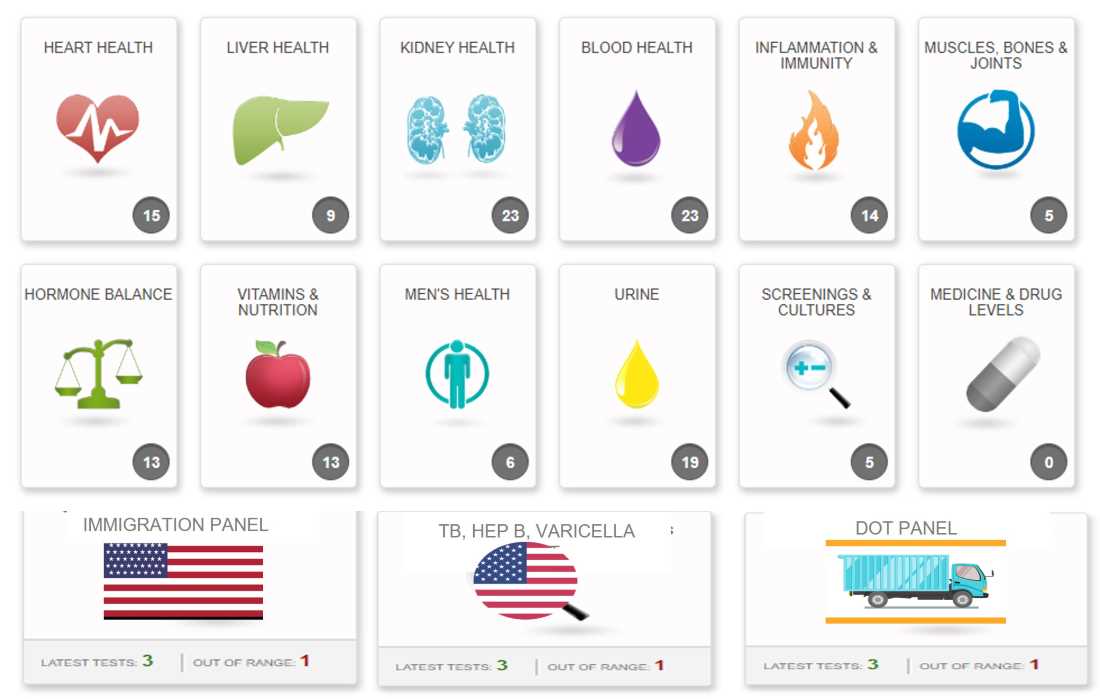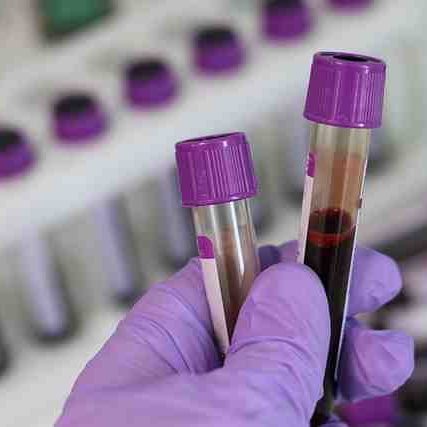Preventive Care by Neema Malhotra, M.D.
Live Life To The Fullest
Prevention is key to your health.
An ounce of prevention is better than a pound of cure!
Be Healthy, Be Fit, Feel Joy & Be Grateful.
2730 Union Ave, Suite B
San Jose, CA 95124
(408) 684-8600
Preventive care refers to medical services, lab tests, and procedures performed with the intention of preventing diseases, detecting health problems early, and maintaining overall health and well-being. This includes routine check-ups, screenings for common conditions such as cancer or heart disease, immunizations, and counseling on lifestyle choices that affect health.
The goal of preventive care is to identify and treat potential health problems before they develop into more serious conditions, and to promote a healthy lifestyle to prevent future health issues.
After evaluation & reviewing using your medical history, physical exam, body chemistry screening (Labs), Dr. Neema Malhotra will advise you treatment plan with integerated approach to your wellness using conventional medicine, experts on your challenges, holistic and wellness for your optimum health & outcomes.
ANNUAL PHYSICALS
The annual physical exam is an essential part of any preventive care & good health in coming years. In general, provider will spend time taking your history, doing physical exam, listening to your concerns and providing counseling for your particular complaints and risk factors.
Annual exams usually check your:
Your Medical history is very important to a primary care provider. This is your chance to mention any complaints or concerns about your health. Your doctor will also likely quiz you about lifestyle behaviors like smoking, excessive alcohol use, sexual health, diet, and exercise.
During the annual exam, your vitals such as height, weight, bloodd pressure, general appearance, heart, lung, vision. extremeties are checked and preventive lab panels will be ordered depending upon your age & medical history.
The doctor will also check on your vaccination status and update your vitals, personal and family medical history. The doctor will order lab work to see your body chemistry such as lipid profile etc. and other vital info depending upon age and medical history.
A list of lab panels is included in section below. Lab results provide to doctor, valuable insight into your body's internal processes and organs.
After your lab or any other diagnostic results are back, a follow up visit is required by the doctor to review results and plan course of action based on your needs and goals. Dr. Malhotra will advise you course of actions based on any prescriptive medicine, life style, integerative medicine, food as medicine and supplements for optimum health and least side effects.
For adults, most insurances pay for one Annual Physical per year and is covered under preventive care. In children, more than one physical may be allowed per year depending on the child's age. Vaccinations and some basis lab panels are covered by insurances.
For self paying patients, we charge $200 for annual physical exam. You can take vaccinations from any convenient pharmacy or provider.
Get Your Health Panels Checked Today


PREVENTIVE LABS / PANELS
Allergy Food
Allergy ImmunoCap Food
Anemia Panel
Arthritis Screening
Basic Lipid
Basic Metabolic
Chem Profile 24
Chronic Fatigue
Comprehensive Heart Health Baseline
Comprehensive Heart Heart Monitoring
Comprehensive Hepatitis Panel
Comprehensive Metabolic
Comprehensive Thyroid Profile
DOT Medical Panel
Drug Screening
EBV Capsid IgG/lgM & EBNA
Female Sexual Health
Gastric Distress
General Health
Glycemic Control
H, Pylori Antibody
Heart Health Baseline
Heart Health Monitoring
Hepatic Function
Immigration I-693 Lab Panel
Male Sexual Health
Menopause/Perimenopause Risk Management
Obstetric Panel
Perimenopausal Hormonal
COMMON CHRONIC DISEASES
Common Diseases
Preventive, Wellness & Holistic Medicine, Health Panels Annual, DOT, DMV, School, Sports, Employment Physicals, and Live Certificates are offered only at our San Jose location. Immigration Physicals & Medicals are done at both of our Milpitas & San Jose locations.
ALLERGY
What are Allergies?
Allergies affect as many as 30% of adults and 40% of children. Reactions to allergies can cause coughing, sneezing, itchy eyes, a runny nose and a scratchy throat. In severe cases, allergic reactions can include rashes, hives, low blood pressure, breathing trouble, asthma attacks and even death.
What is Allergy Blood Testing?
Blood tests are helpful when it comes to allergy testing. Specific IgE blood testing can help to identify sensitization to allergic triggers in patients, without the need for a skin prick test. Allergy testing can help providers understand how to limit a patient’s risk for another allergic reaction.
Regional test profiles include sensitization testing for mites, epidermal, food, grass, insect, mold, tree and weeds, and are offered for the following territories:
Food Allergy Profile from BioReference
With ImmunoCap Allergen testing, healthcare providers can gain the necessary information to develop a patient’s dietary management plan and improve his or her quality of life. The multi-component food allergy profile can assess whether a patient reacts to common food allergies, including almond, cashew, hazelnut, walnut, peanut, sesame, cod fish, salmon, tuna, scallop, shrimp, milk, soybean and wheat.
Egg, Milk and Peanut Component Profiles from BioReference
In addition to abnormalities in the general food allergy profile, component testing looks at specific egg, milk and nut proteins to determine how likely a patient is to react to baked or raw products.
- Egg: 70% of children with egg allergy do not react to baked egg. Egg Allergen Component testing can help healthcare providers determine the likelihood of reaction to products baked with egg, such as muffins or cookies, as well as inform the likelihood of allergy persistence.
- Milk: 75% of children with cow’s milk allergy do not react to baked milk. Milk Allergen Component testing can help healthcare providers determine the likelihood of reaction to baked goods, such as cookies or cheese pizza, as well as the likelihood of allergy persistence.
- Peanut: 77.6% of patients sensitized to peanut may not be at risk for a systemic reaction. Peanut Allergen Component testing can help healthcare providers define the likelihood of a systemic anaphylactic reaction and determine the need for prescribed precautions.














